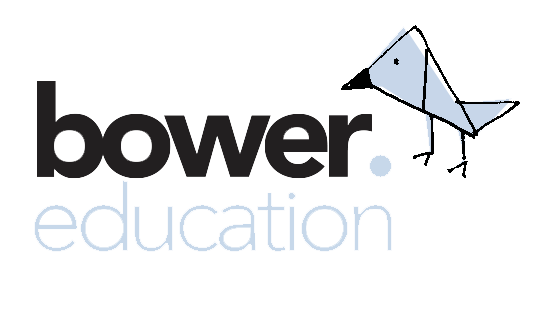ELC
We have early childhood qualified teachers responsible for the education of children.
The ELC Program aims to develop the whole child socially, emotionally, creatively, cognitively and physically. Essential independence skills are fostered to enable children to become self directed learners. We support family participation as partners in the education of their children.
The ELC teachers’ are guided by the national curriculum “The Early Years Learning Framework” and by the Reggio Emilia approach to plan and implement the program.
The program is based on the emerging interests of children and follows current research that tells us children learn best through play based engagement and by actively using their senses together with their peers.
THE ROLE OF THE TEACHER
We know that children already have an inherent desire to learn, therefore the teachers’ role is to intentionally provide support, guidance and inspiration to further develop children’s learning. The “project approach” is used by the ELC teachers’ as a method to incorporate the children’s emerging interests and to provide opportunities to learn through play. This approach encourages children to inquire, experiment and problem solve, in other words to be curious and active researchers about their world.
LEARNING
Some of the learning that may happen through short and long term projects are:
Creativity – art, drama, dance, music and movement.
Communication – STEM – science, technology, English and maths.
Health and Wellbeing – cooking, gardening, sustainability, nature and physical play.
Community and socialisation- excursions and incursions, links with the community (local playgrounds, library and local walks or special visitors) and opportunities to work collaboratively with their peer group.
All experiences in the ELC Program are intended to lay the foundation for life long learning.

